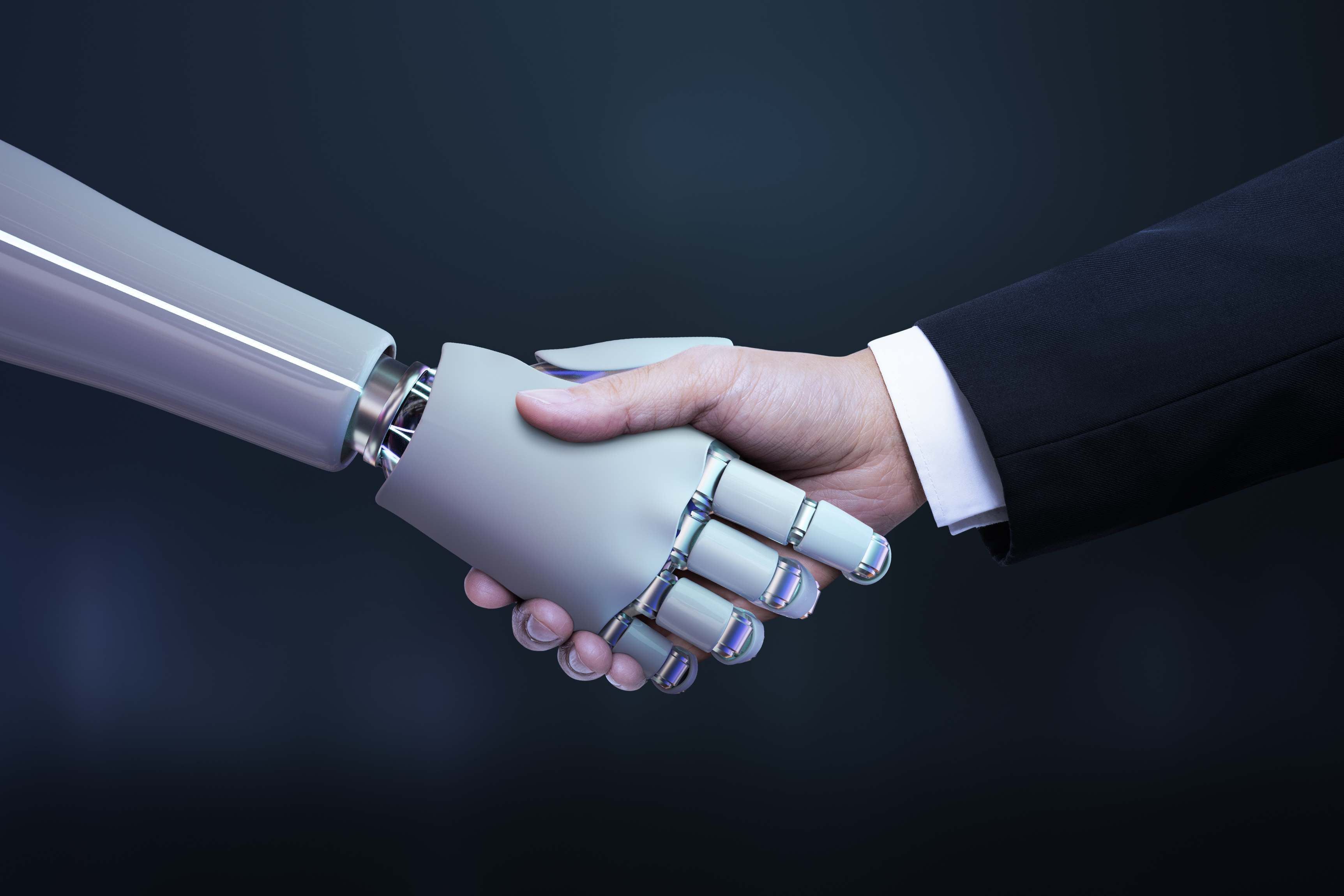How the Legal World Can Benefit From AI
The law wasn’t prepared for the dot-com bubble, but neither the dot-com enterprises were prepared for the then lawless field.

By Iffy Kukkoo
26 Nov, 2017
Law and Technology
The law wasn’t prepared for the dot-com bubble, but neither the dot-com enterprises were prepared for the then lawless field. Even though some recent developments are somewhat alarming, it seems that both have learned from the experience: the dot-com companies what to do differently, and the law how to regulate some behaviours. Amazon and eBay are evidence of the former, GDPR and DPB of the latter. It’s interesting to go through the evolution of this relation. However, this article has a different scope of interest.
Even though technology has gradually taken over our lives, revolutionizing everything from communications to the economy, from medicine to architecture, few would even suspect that it has intentions to transform law as well. It’s not obvious at all, but it’s already happening nevertheless: the same amount of legal work now takes about half the number of staff and hours than it did before the bubble. But, the benefits of using Microsoft Word instead of a typewriter isn’t really something you would expect scrutinised in a serious article. And this article is a serious one.
Because computerization isn’t the limit. It’s the automation. The smart automation.
The Ways
Analysing, making decisions, learning from previous mistakes, making better decisions, etc. is how human endeavour turns into something useful for society. It’s also how AI basically works. However, even though it’s popular nowadays to claim that Artificial Intelligence (AI) has taken up the work of most specialists, this is still far from the truth.
In fact, machines don’t think like humans and it’s difficult to make them – in an observable future, they should still be inferior to the human brain. However, artificial agents are already capable of performing some of the basic human activities. And this is what makes them interesting.
1) Searching Through Documents For Particular Information
This is where everything starts. Lawyers deal constantly with a lot of data. They are supposed to be able to memorize a lot of legal details, not only during their studies but all along through their careers.
But, this is also where humans have fallen behind: combining the modern processing power and lots of digital data, one can train Artificial Neural Networks (ANN) to successfully deal with finding any piece of information in seconds.
The main problem, of course, is the large amount of non-digitized data, another problem being that in order to be searchable, any data needs to be “prepared”. The processes are laborious – but the benefits are many and, in the long run, timesaving.
2) Identifying Patterns to Analyse and Summarize Data
To sum up: if your set of data is properly prepared (labelled for being used by an AI program) and you know what you’re looking for – it’s as easy as pie. You can always program your software to look for specific labels and signs.
However, in most cases, an approximate picture may be everything you have or everything you need.
For humans, it will take hours of work to find the pattern. You need to find similar cases to the one you have. This is both difficult and time-consuming: because of the sheer amount of data. And what about ANNs? Well, they are better at it. They are able to not only adhere to an algorithm but also find patterns on their own. And it takes them significantly less time than it takes a human.
Once again, though, your data still needs to be well-organized; without it – you probably won’t get trustworthy results.
3) Making Outcome Predictions Based on Similar Cases’ Outcomes
Here’s where it gets a bit tricky – reasoning.
With humans, it’s a complicated process, which we can’t really reproduce artificially – no matter how hard we try. However, when it comes to decision-making, AI programs can deliver – and with a pretty high rate of success.
Relying on the data available, AI-powered agents are able to learn and make apt decisions in case of similar circumstances in the future. This field is called predictive analytics and it’s virtually impossible without various AI techniques, including Machine Learning (ML).
Most specialists, however, are afraid of using results of a process the mechanics of which they don’t understand. AI’s decision-making is one such process. Even for scientists and programmers – AI works in mysterious ways. Their own applications contain black holes they aren’t ready to interpret.

 Do you need some help?
Do you need some help?
The Benefits
1) Saving Time
Everyone has faced the problem of doing some boring and repetitive work – at least once during this past year. While many things are already automated, some look rather daunting and challenging. They are essentially simple – but the problem is that it’s difficult to detach them from the rest of the human activities.
With AI, it has become possible to create systems which treat information in a human-like way. Such systems can actively learn from inputs and become better, just as we humans do. And the more information they obtain, the higher their success rate.
2) Cutting Costs of Legal Work
It’s no secret that legal work is ridiculously expensive. However, this is slowly changing – thanks to technology.
Lawyers are accustomed to charging per hour of their work. But a significant portion of this work can be handled nowadays by AI-powered programs. The further we go down the road, the more questionable the high rates will become.
Automation has already led to similar outcomes in few other areas of human life. In the nearest future, we can expect the same in all areas of law. Because the most difficult jobs will be handled by AI, and because humans will have the opportunity to spend more time on the more creative aspects of the legal system.
In fact, many companies have already started using “intelligent” software to analyse data and make predictions.
3) Identifying Unclear Logic
All too often, things are not as obvious as we expect them to be. Surprisingly, programs can sometimes grasp the logic faster and more efficiently than humans. And this helps companies save both time and money spent on analysis and summary, and, thus, cut the overall costs.
It’s already happening: software such as Lex Machina, Ravel Law, and Ross Intelligence is used by many law firms. Just check the portfolios.
Conclusion
At the moment, smart systems are not smart enough to fully substitute a lawyer. But they are more than smart to provide an efficient alternative in more than one legal area. In fact, legal software is already readily available to do a significant portion of any lawyer’s professional activities. While helping to cut the costs of his work.
Jordan Furlong, a leading analyst of the legal market and forecaster, has recently commented on what we can expect from the marriage of Law and AI in the future:


 Jordan Furlong
Jordan Furlong


